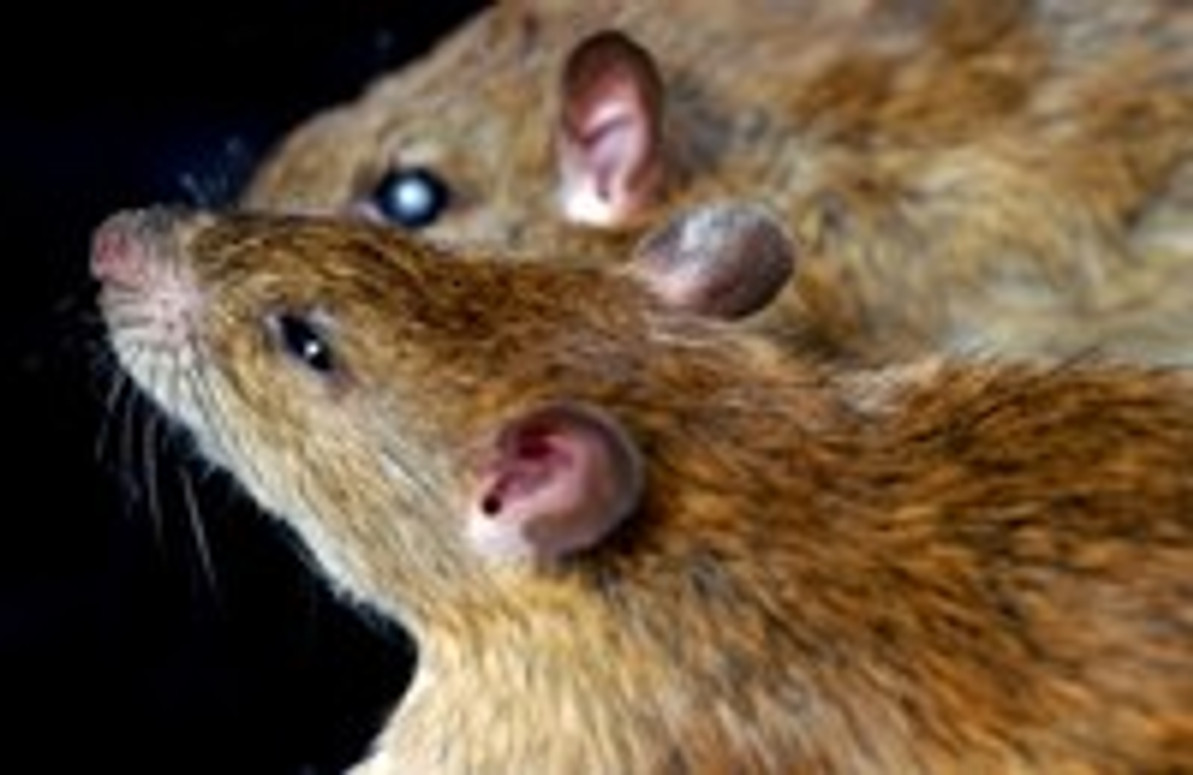Hantavirus Pulmonary Syndrome 101: What You Should Know
Hantavirus Pulmonary Syndrome (HPS) is a dangerous air-borne upper-respiratory disease that's transmitted through the feces and urine of rodents. Infected mice, rats or other rodents carrying the disease can transmit it to humans by defecating or urinating in the home. If you're struggling with a rodent infestation, you should take action now to eliminate these pests from your home
Some people assume rodent infestations into the home are merely a nuissance with no real threat to their health. However, the potential for HPS reveals this is not the case. Rodents can leave a trail of bacteria-ridden feces and urine in their wake, some of which may carry HPS. Anyone who breaths in the tainted air places themselves at risk for catching the disease.
Note: According to the Centers For Disease Control and Prevention (CDC), Hantavirus Pulmonary Syndrome has a mortality rate of approximately 38%.
Hantavirus Pulmonary Syndrome Symptoms:
- Fever
- Headaches
- Muscle aches
- Chills
- Dizziness
- Diarrhea
- Constipation
- Indigestion
- Vomiting
- Abdominal pain
- Shortness of breath
In the later stages of the disease (1+ week after infection), more severe symptoms will begin to manifest. This includes difficulty breathing, reduced lung function, and the buildup of fluid in the lungs. If left untreated, HPS can prove fatal.
Dealing With Rodent Infestations In The Home
The good news is that HPS typically only lives approximately 2-3 hours outside of a host. The bad news is that HPS will persist if the rodent is still around. If you're sharing your home with one or more rodents, you should take immediate action to eliminate them from your home. Allowing rodents to roam free place you and your family's health at risk for HPS as well as a variety of other rodent-transmittable disease.
Snap traps are often viewed a the most humane way to kill rodents, but homeowners should avoid placing them in areas accessible to pets or small children. Placing them in the basement, crawl space and/or attic can often prove beneficial in eliminating rodents from your home. Just remember to wear a respirator mask to avoid accidental inhalation of rodent urine and feces.
While knocking out a rodent here and there may help in lowering their population, you really need to block out their point of entry to stop them once and for all. A typical rodent can squeeze through a hole the size of a nickel, so make sure your attic, roof and riding are properly sealed.
Recent Posts
-
Fire Safety in the Workplace: What You Need to Know
What steps are you taking to prevent fires in your workplace? According to the U.S. Occupational Saf …Aug 23rd 2023 -
Is It Safe to Go Jogging With a Cold Infection?
If you're suffering from a cold infection, you might be wondering whether it's safe to go jogging. T …Aug 22nd 2023 -
5 Safety Tips to Follow When Using a Powder-Actuated Tool
Powder-actuated tools are commonly used to join materials to steel and concrete. Also known as Hilti …Aug 20th 2023




